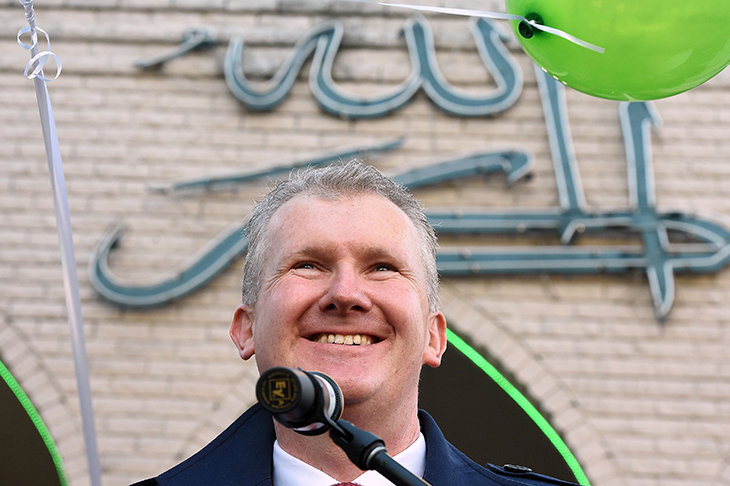The Labor Party apparently seeks to extend the reach of section 18C of the Racial Discrimination Act to cover religion. Chris Merritt, legal affairs editor of the Australian newspaper, reports that Labor is considering a plan to extend the reach of litigation based on section 18C to include people claiming they have been offended or insulted because of their religion.
Already a subscriber? Log in
Subscribe for just $2 a week
Try a month of The Spectator Australia absolutely free and without commitment. Not only that but – if you choose to continue – you’ll pay just $2 a week for your first year.
- Unlimited access to spectator.com.au and app
- The weekly edition on the Spectator Australia app
- Spectator podcasts and newsletters
- Full access to spectator.co.uk
Or


























Comments
Don't miss out
Join the conversation with other Spectator Australia readers. Subscribe to leave a comment.
SUBSCRIBEAlready a subscriber? Log in